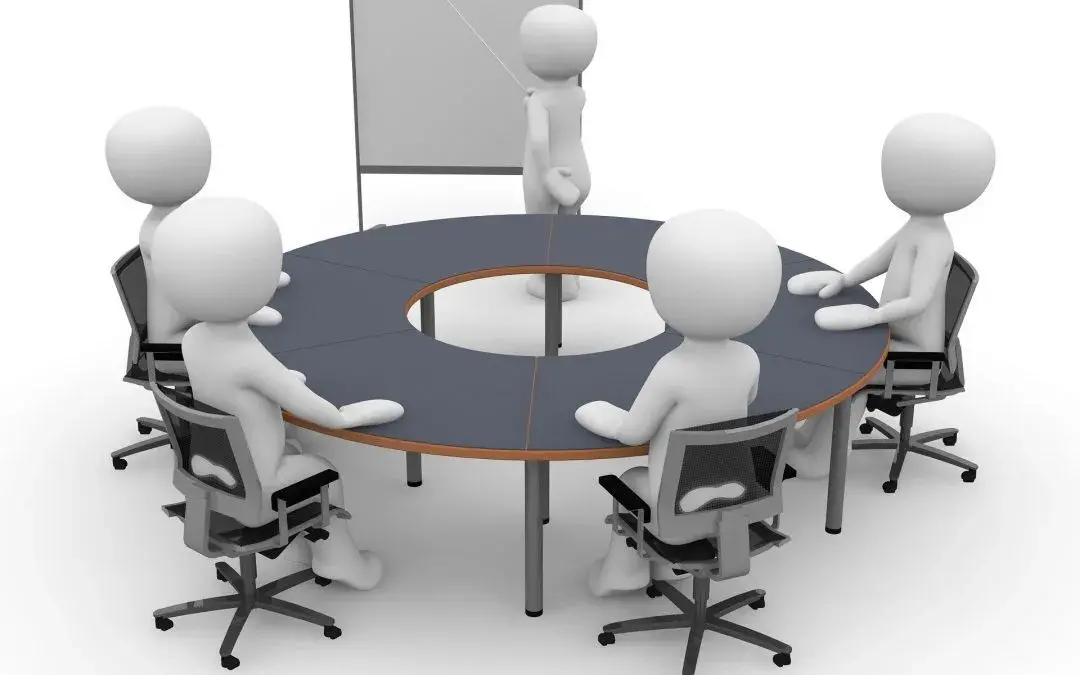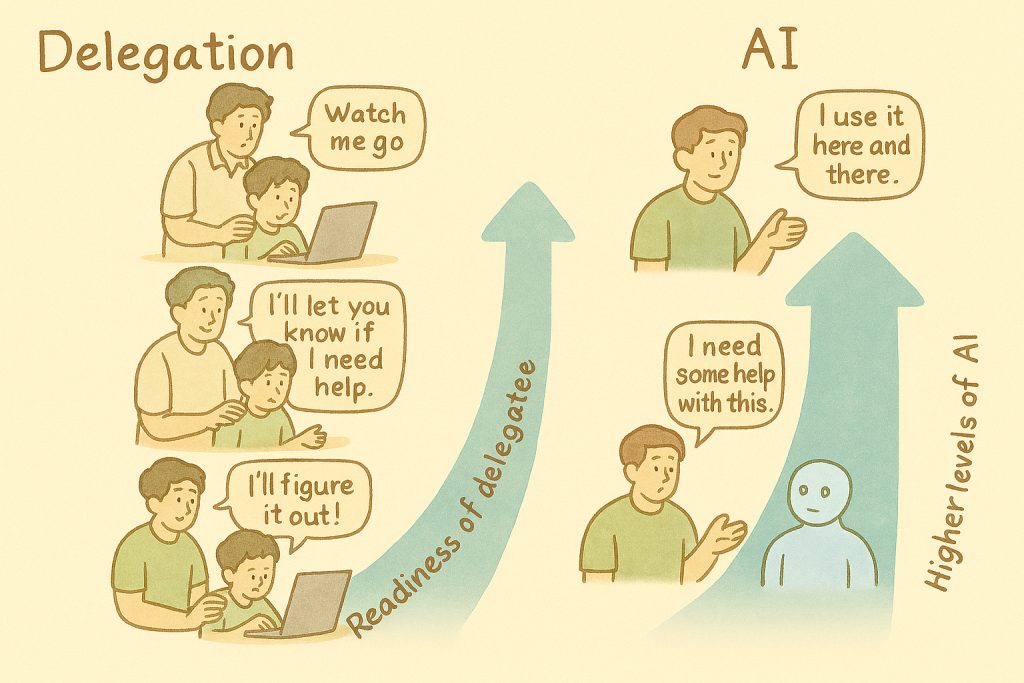You are the new coach assigned to a software team in a multinational financial company. The team has three senior members who have more than five years experience and four members with less than 2 years of experience. The Scrum Master (SM), Marina, is a strong technical person with 8+ years experience in the organization who also has good domain knowledge. She is an individual contributor as well. You observe that in the discussions between the Product Owner (PO) and the developers, during backlog refinement and sprint planning, the less experienced people do not speak much. In the Sprint planning session, seniors speak out and pick the stories that they would want to work on; the juniors keep quiet and wait for stories to be “assigned” to them by Marina, the SM. You think this is an anti-pattern and bring it up with Marina in a one-on-one session. She tells you that there is really nothing wrong and over time, the juniors will develop confidence and participate more. As a coach, would you agree with Marina and leave it there or take some actions?
Suggested Solution:
The Agile Coach has correctly identified an antipattern here and needs to take an action to remove it. The action may be needed on more than one fronts.
- One of the reasons why junior team members do not speak could be that they lack some knowledge and hence are reluctant to talk. Such knowledge gaps can be plugged by trainings. The Agile coach would need to get the SM to have a discussion with junior developers to understand their training needs and get them trained.
- The Agile Coach would need to work with the PO and SM to encourage the junior team members to participate in the discussions. They could ask junior developers what they think about a particular point under discussion, respond positively to their responses and get them engaged in contributing to the discussions.
- The agile coach may get the team to adopt a practice of asking junior members to pick up the stories first and seniors to pick them later.
With these actions the Agile Coach would be able to remove the antipattern and establish the right behaviour in the team.




